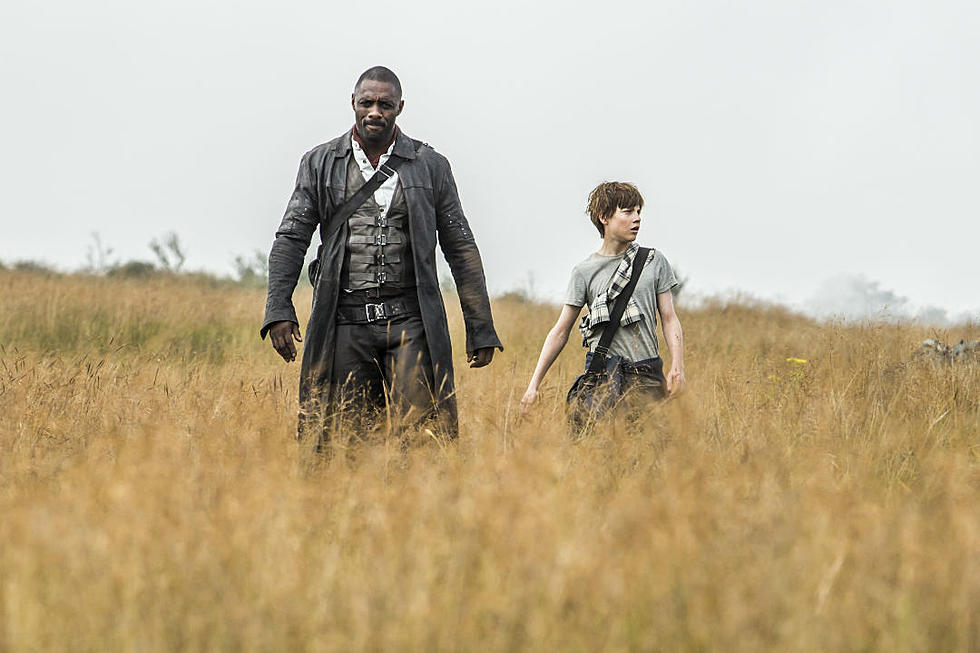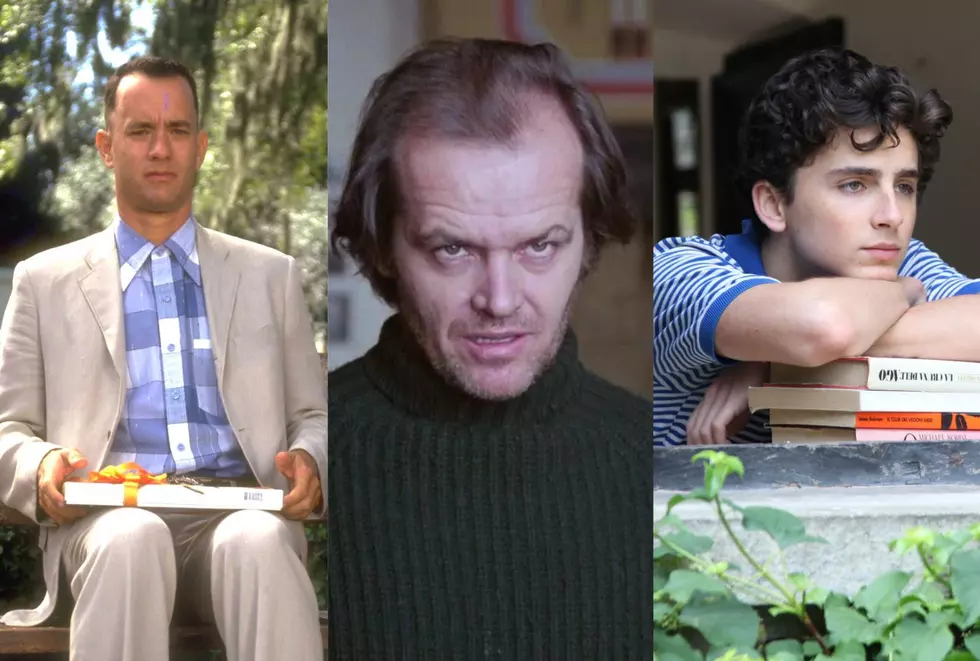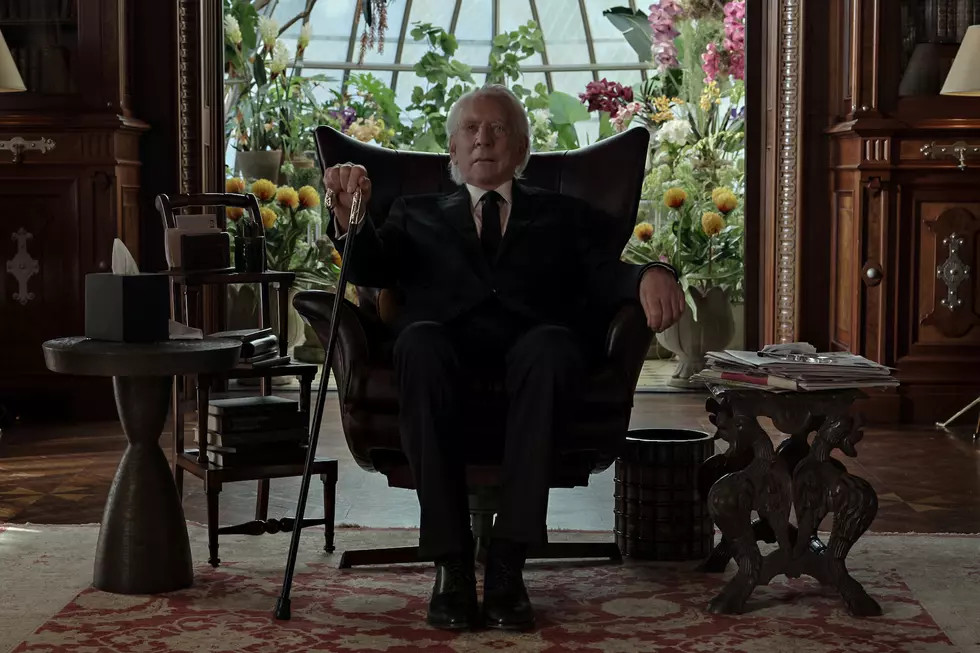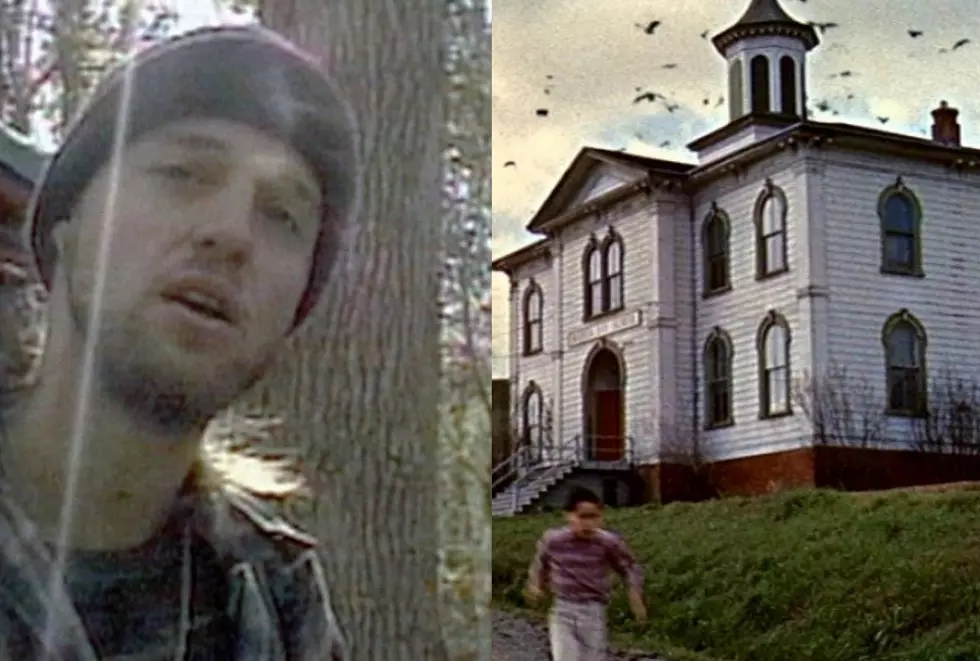
‘Doctor Sleep’ Review: Hollywood Goes Back to the Overlook
It’s been more than 30 years since Danny Torrance’s father went mad during a long winter trapped at the Overlook Hotel. Decades later Danny can’t stop thinking about that terrible place and the pain he endured there. Movie fans share a similar relationship with the Overlook and The Shining, the Stanley Kubrick film based on the novel by Stephen King that chronicled Danny’s struggle. Some cinephiles are still so obsessed with The Shining that a documentary was made about their wildest and most intense theories about the movie’s true meaning. For some reason, this inescapable place from fiction has become equally confining to many people in our world.
Trying to break free from the inexorable gravity of The Shining is an interesting subtext in Doctor Sleep, which is at once fixated on Kubrick’s classic movie and also a little leery of it. Its hero is a grown-up version of Dan Torrance, played by Ewan McGregor, who inherited his father’s alcoholism and now uses booze to dull the Overlook’s residual pain and the psychic abilities he calls “the shining.” He’s shaken out of years of substance abuse and running from his problems by the emergence of Abra (Kyliegh Curran), a young girl with her own enormously powerful shine, along with a group of energy-sucking vampires, who are led by an ancient being named Rose the Hat (Rebecca Ferguson) and feed on the “steam” that leaves a person’s body when they die.
While Doctor Sleep’s trailers have played up its connection to The Shining, including its astonishing recreations of Kubrick’s Overlook Hotel sets and exteriors, those sequences are not quite as central to the film as you might expect, and even the parts of Doctor Sleep that look exactly like Kubrick’s The Shining don’t feel like Kubrick’s The Shining. Screenwriter and director Mike Flanagan, who previous made Netflix’s popular The Haunting of Hill House series and the superb feature adaptation of King’s novel Gerald’s Game, seems entirely uninterested in making a typical horror film — or a shameless ripoff of The Shining.
Instead, Flanagan primarily uses his source material as the vehicle to tell a very different story about trauma, cycles of abuse, and mortality. At times, it’s a deeply emotional film as well, as if it had been deliberately designed as a corrective to Stephen King’s famous quote about Kubrick, who he called “a man who thinks too much and feels too little.” There are very few jump scares, and very little gore. There aren’t a lot of eerily smooth Steadicam shots, or chilly, claustrophobic images of the Overlook. There are several scenes set at Alcohol Anonymous meetings, where Dan comes to grips with his addiction with the help of a neighbor played by Cliff Curtis. There are other lengthy sequences that follow Dan Torrence at his job as a hospice nurse, where he uses his powers to help dying men and women transition from this world to whatever comes next.
In other words, while typical horror movies exploit death for cheap, tawdry scares, Doctor Sleep is a movie about death; how it happens, how it’s an inevitable part of life, how trying to run from it will only lead to more trouble, and how those who are left behind by death wrestle with it. This is not the sort of stuff you expect from a glossy sequel to an old horror film, even one with as sterling a reputation as The Shining. And McGregor gives one of his best performances in a long time as this man trying to find a way out of a swamp of grief, addiction, and loss. (McGregor himself stopped consuming alcohol in the early 2000s after realizing he was drinking too much, including at work.) From certain angles, like through the hole in a famous hotel doorway, he does look like he could be Jack Nicholson’s son, too.
The only place Doctor Sleep really stumbles is with its crew of life-sucking monsters. Ferguson strikes a memorable figure as Rose; with her funky distressed button-downs and braided hair, she looks like an evil Aerosmith fan who stopped following the band to follow her true passion of eating human souls. She has the character’s seductive side down, but when she needs to get nasty, she never becomes particularly intimidating. Flanagan clearly wants us to question our own attitudes toward Rose in later scenes where she becomes less of a bully and more of a victim, but that doesn’t really alleviate the feeling that this movie spends a lot of time building up these adversaries who don’t live up to the hype.
Regardless, Dan’s inner demons make far more horrifying villains than any hippie vampires could ever hope to be. For better or worse, IP is what drives Hollywood in 2019. If we are going to get an endless string of sequels and reboots, then the best we can probably hope for is for talented artists to use those sequels and reboots to say the things they want to say about the stuff that matters to them. Doctor Sleep may be based on a book and a movie and a book that was a sequel to the first book, but much of it feels like it was ripped right out of Mike Flanagan’s soul. Like HBO’s new Watchmen series, Flanagan’s Doctor Sleep doesn’t simply rehash its source material, and instead uses its characters, setting, and themes in smart and novel ways.
Gallery — The Best Horror Movie Posters of All Time:
More From 1025 KISS FM










